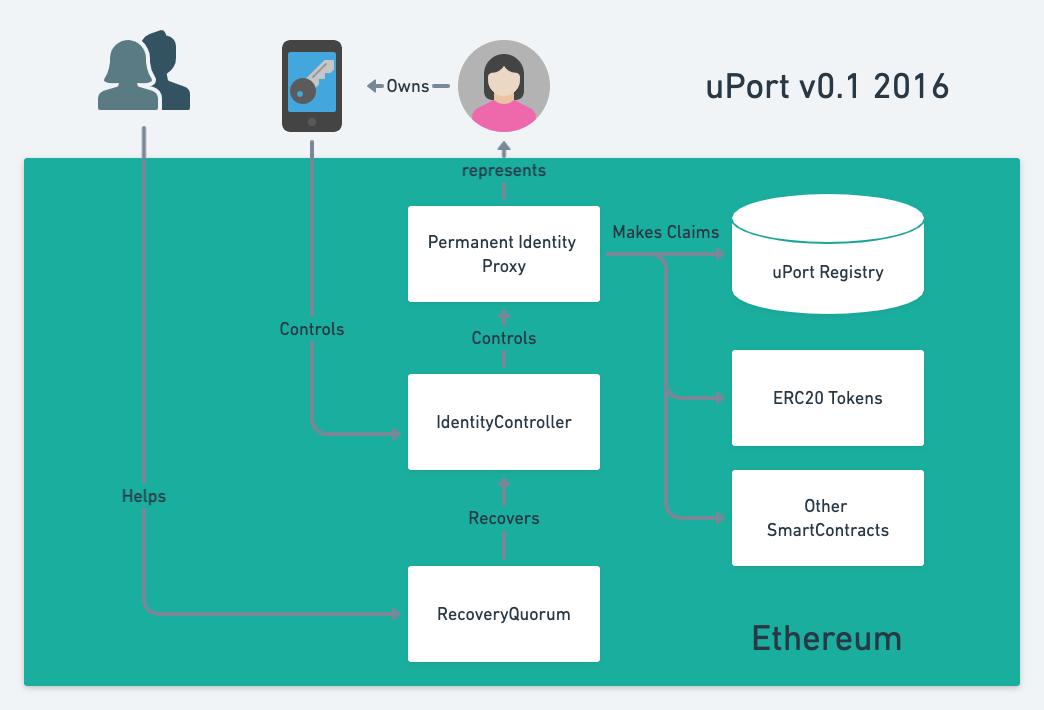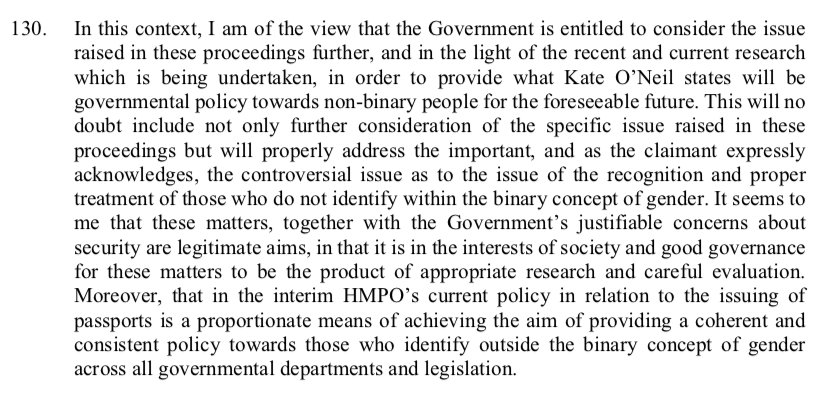It highlights many of the problems you will see imposing European Identity systems in very different cultures. Including initiatives like #ID4D
You see mentions of tribal affiliation, clans, family relationships, and geographical origin. Some people want to disclose these relationships and some don't.
Rather they are created to solve problems the donor organizations have. The World Bank #ID4D program, in particular, is about this.
Yet I don't think biometrics and central identity registries are the way to go. They aren't nuanced enough and are too tied into 20th-century Western use cases.
We have much better solutions today than centrally issued biometric identity cards.
In much of the world mobile numbers and god help us even Facebook do a better job.
Frankly, they were much better at KYC than Danske Bank in Denmark.
Back then I set my self a goal that what we built, would one day allow members of any community to be able to represent themselves and who they are using our technology.
You create your identifier yourself and build up credentials about yourself.
Almost all traditional identity systems, including in Europe represent graphs of relationships and not a centrally issued number.
It isn't magic though. It's just tech.
You won't be able to cut and paste institutions and regulations from Northern Europe into Africa. You actually can't do that today either.
But this is also an opportunity to allow some of the amazing entrepreneurial and technical talents in #Africa to grow and show the world how it's done.
As seen with the EUs ESSIF initiative it can help make sense of ID across national silos.









